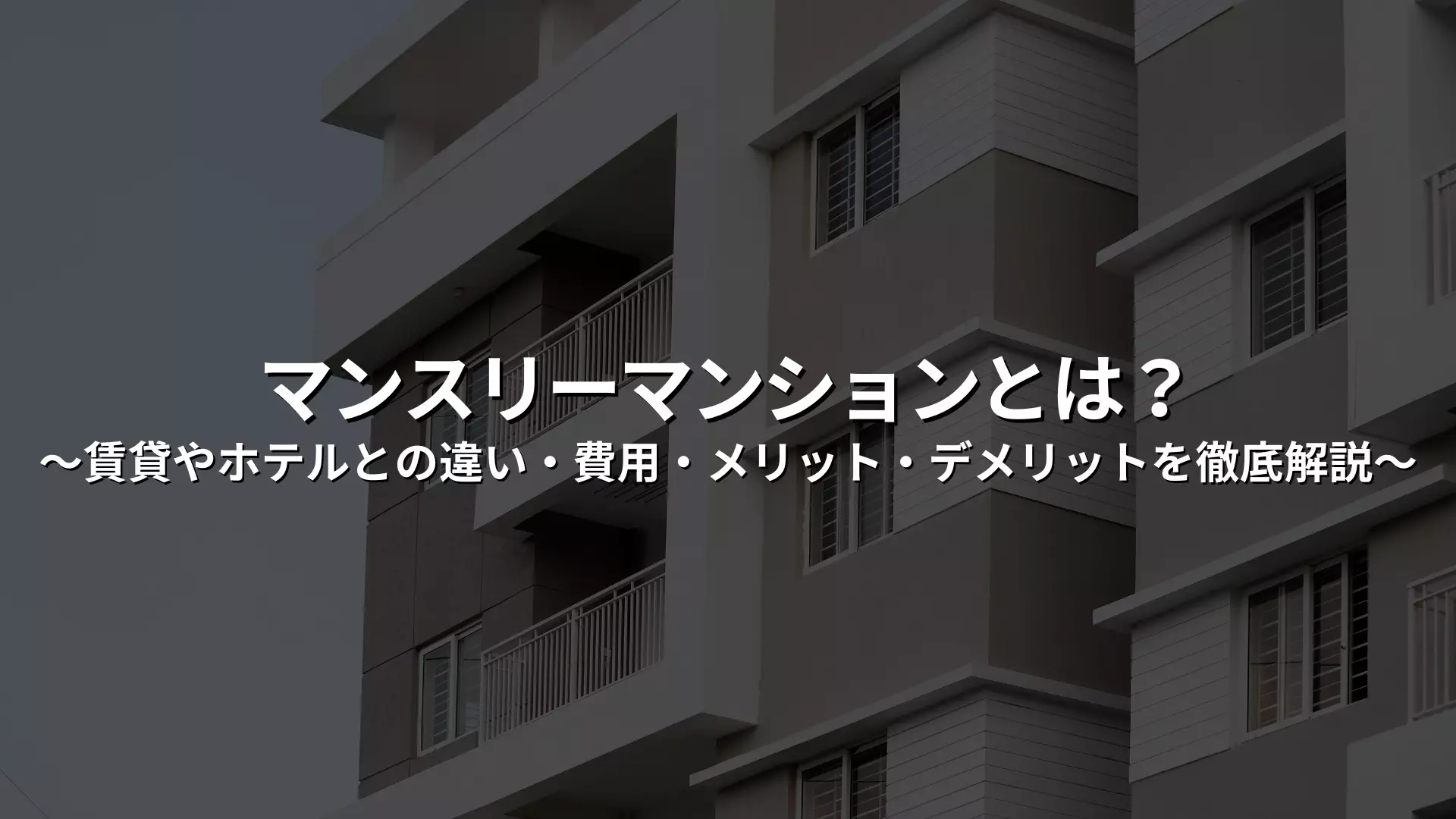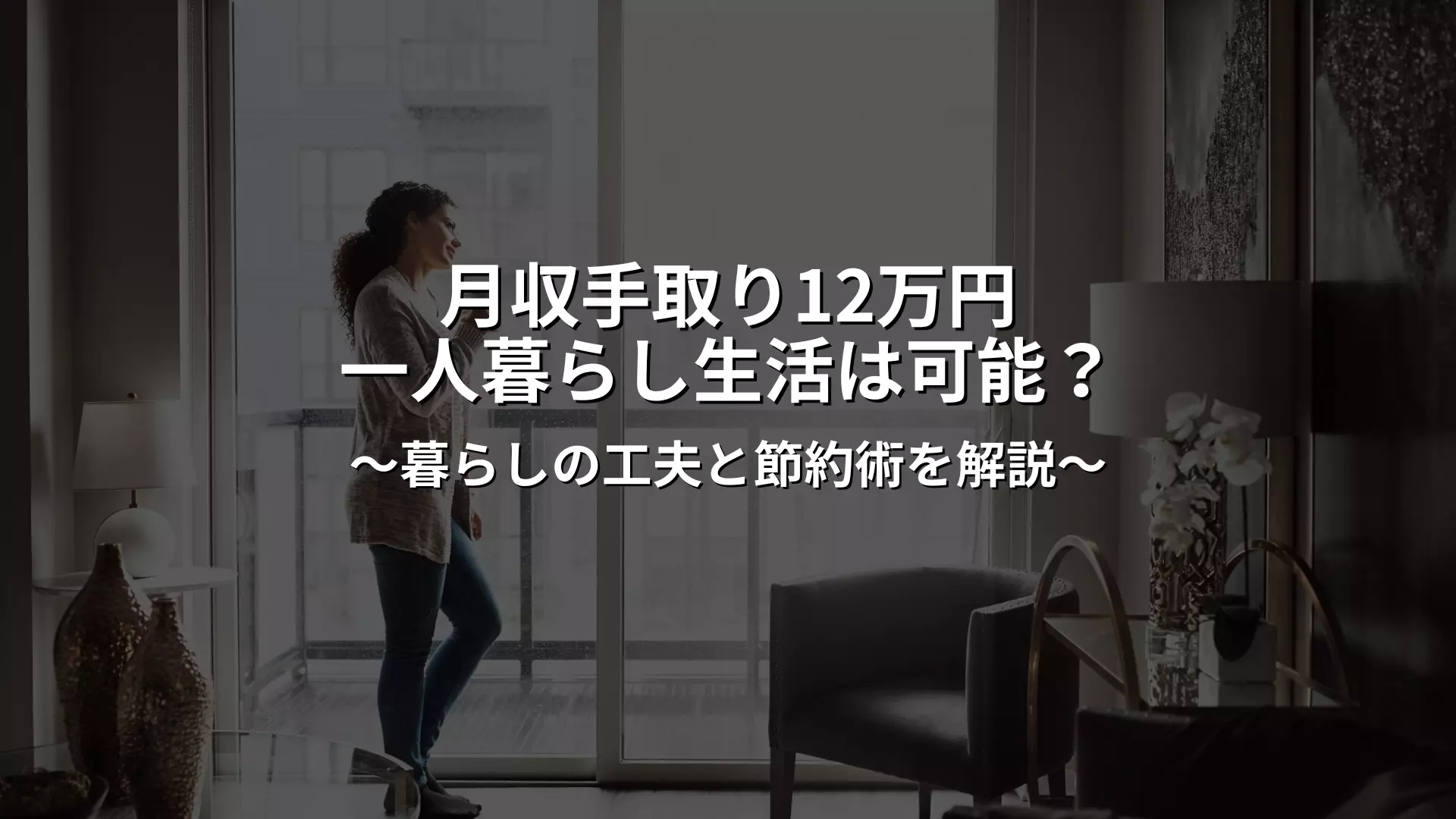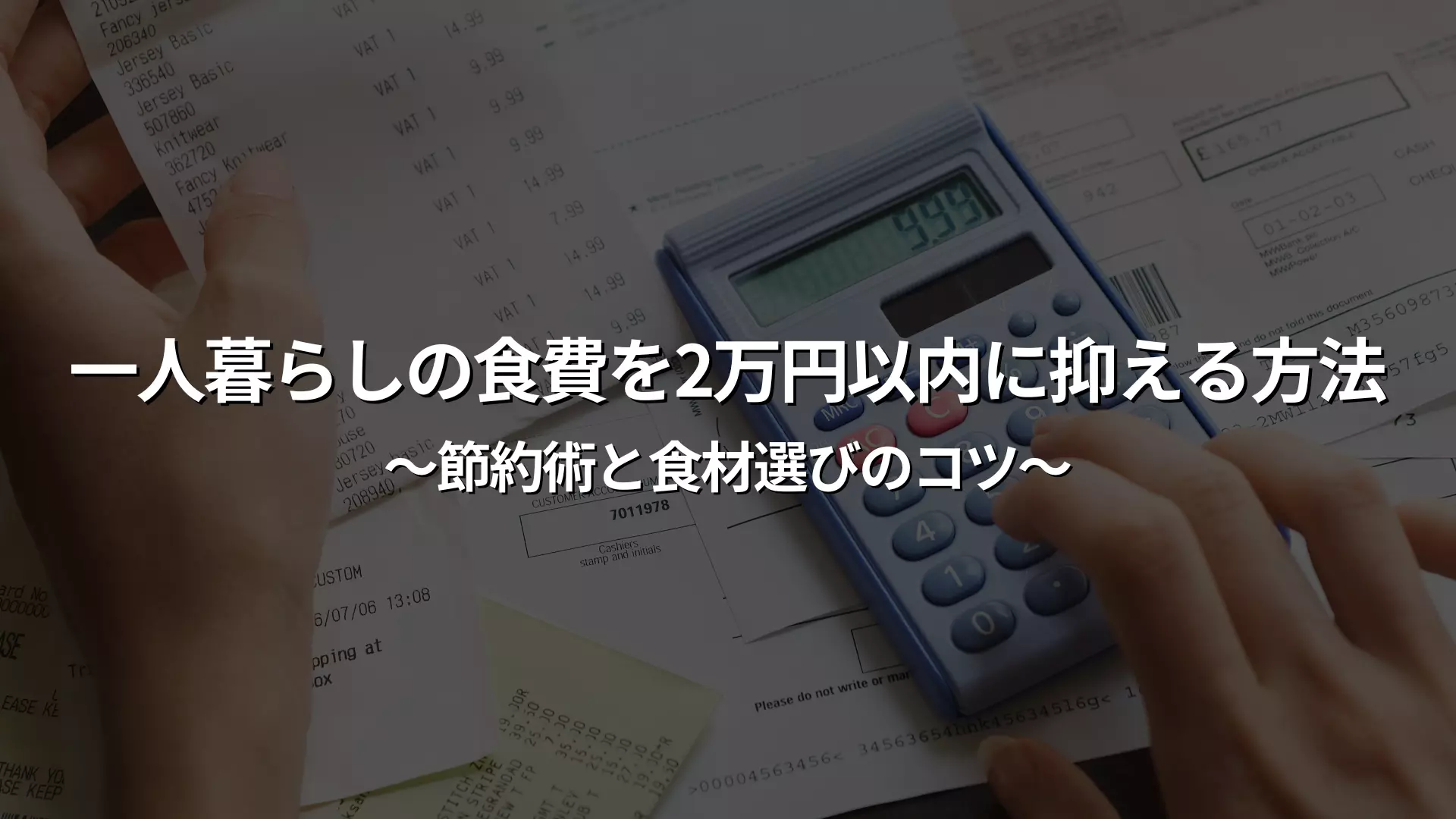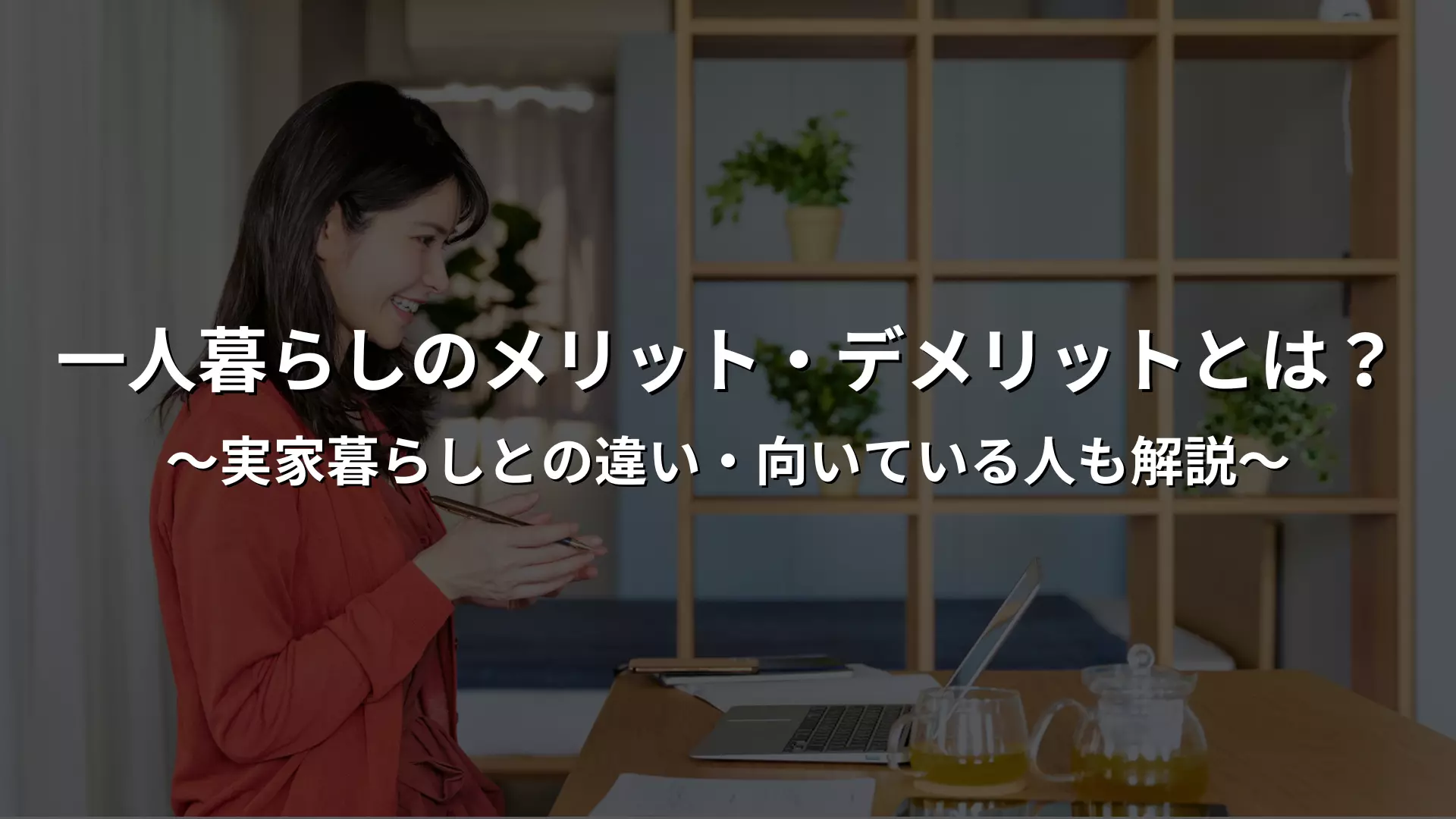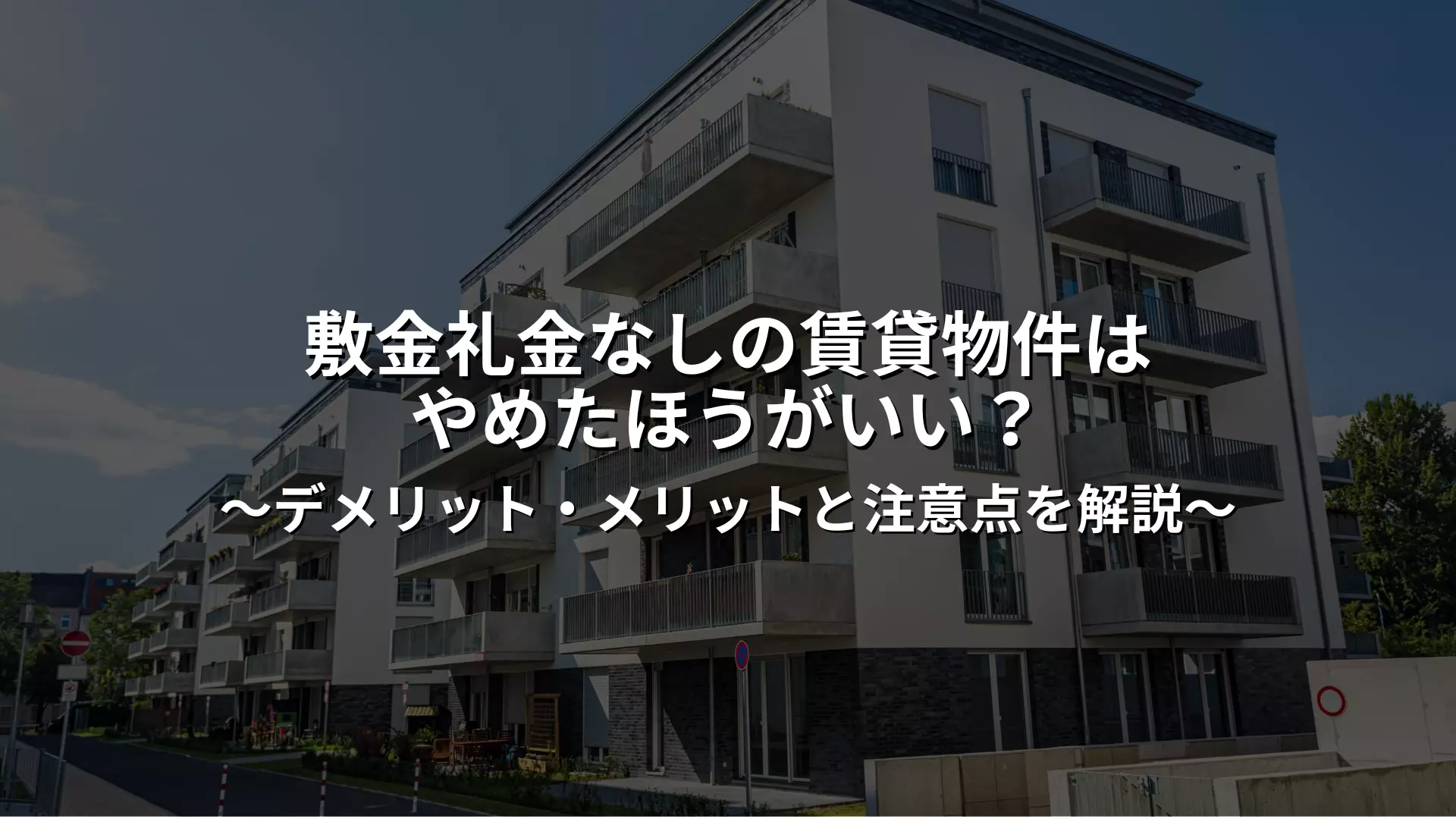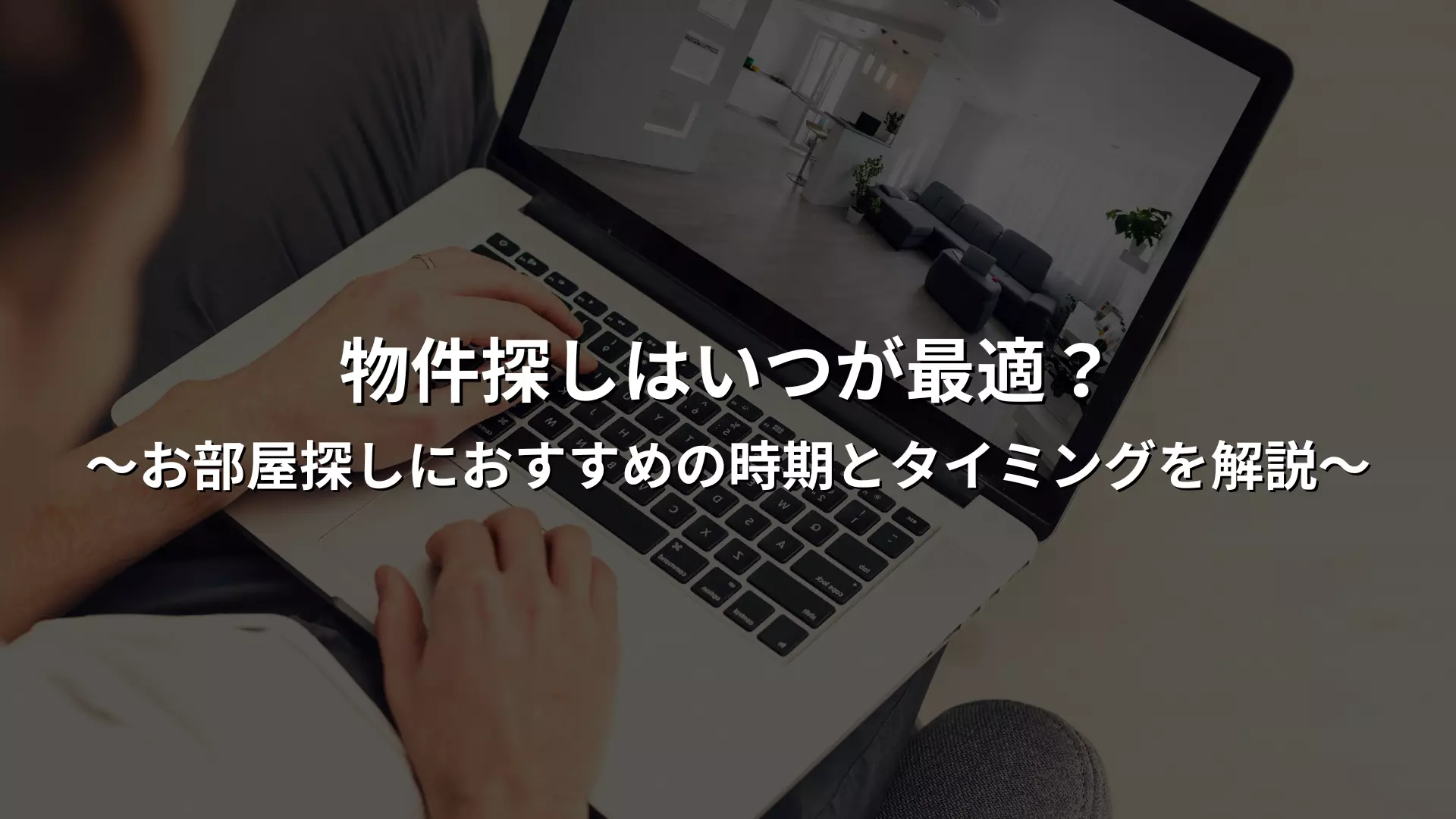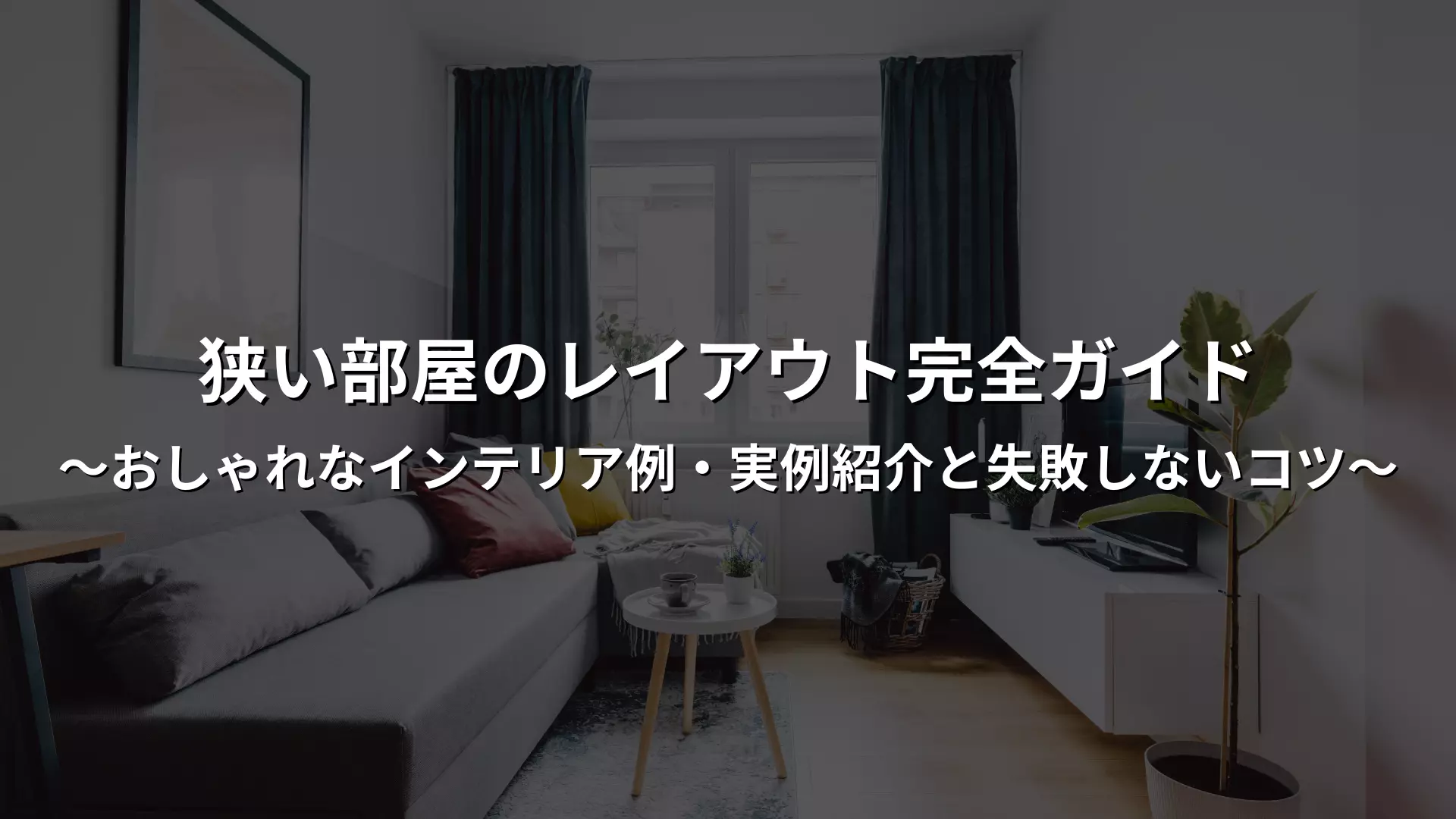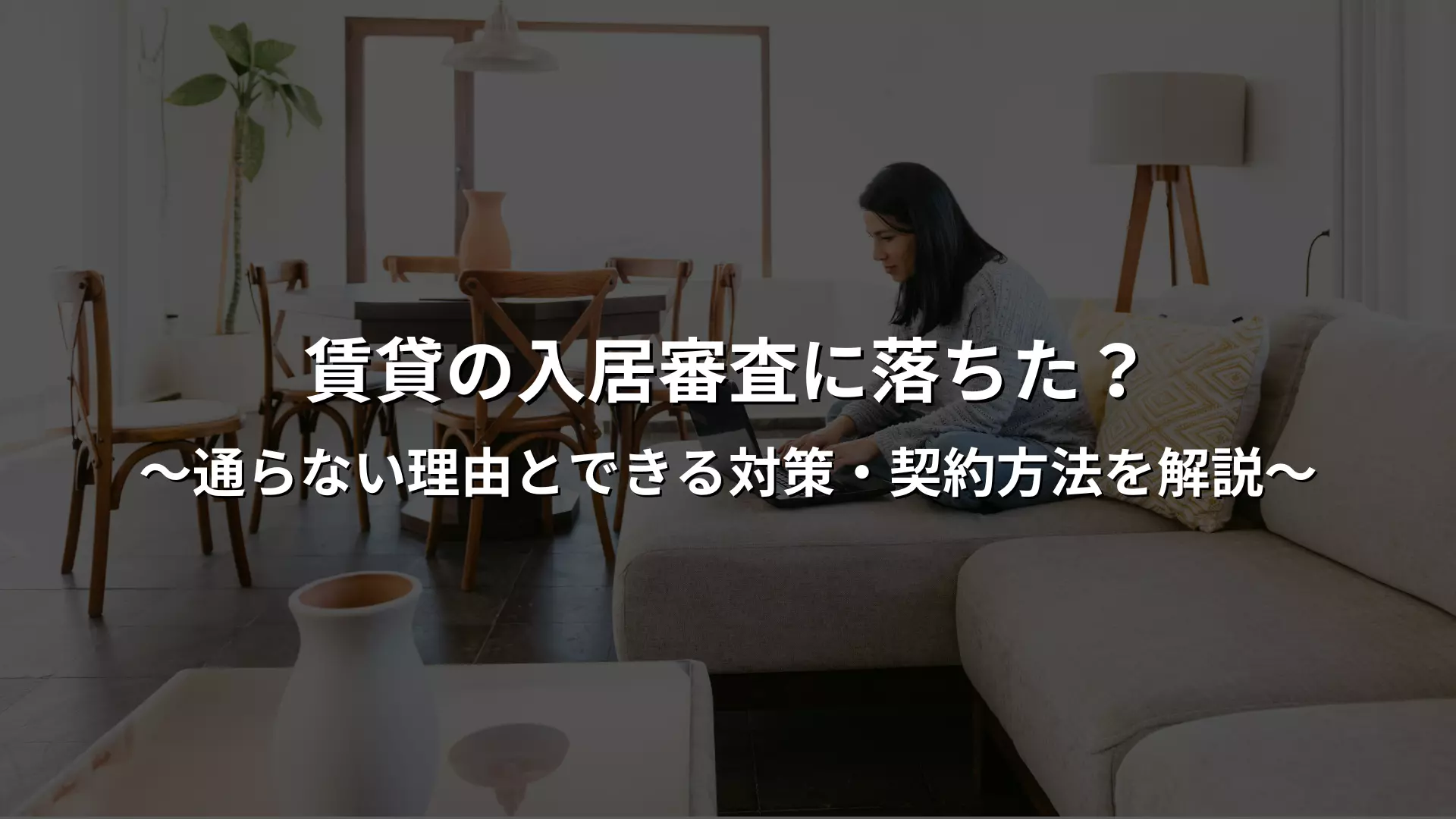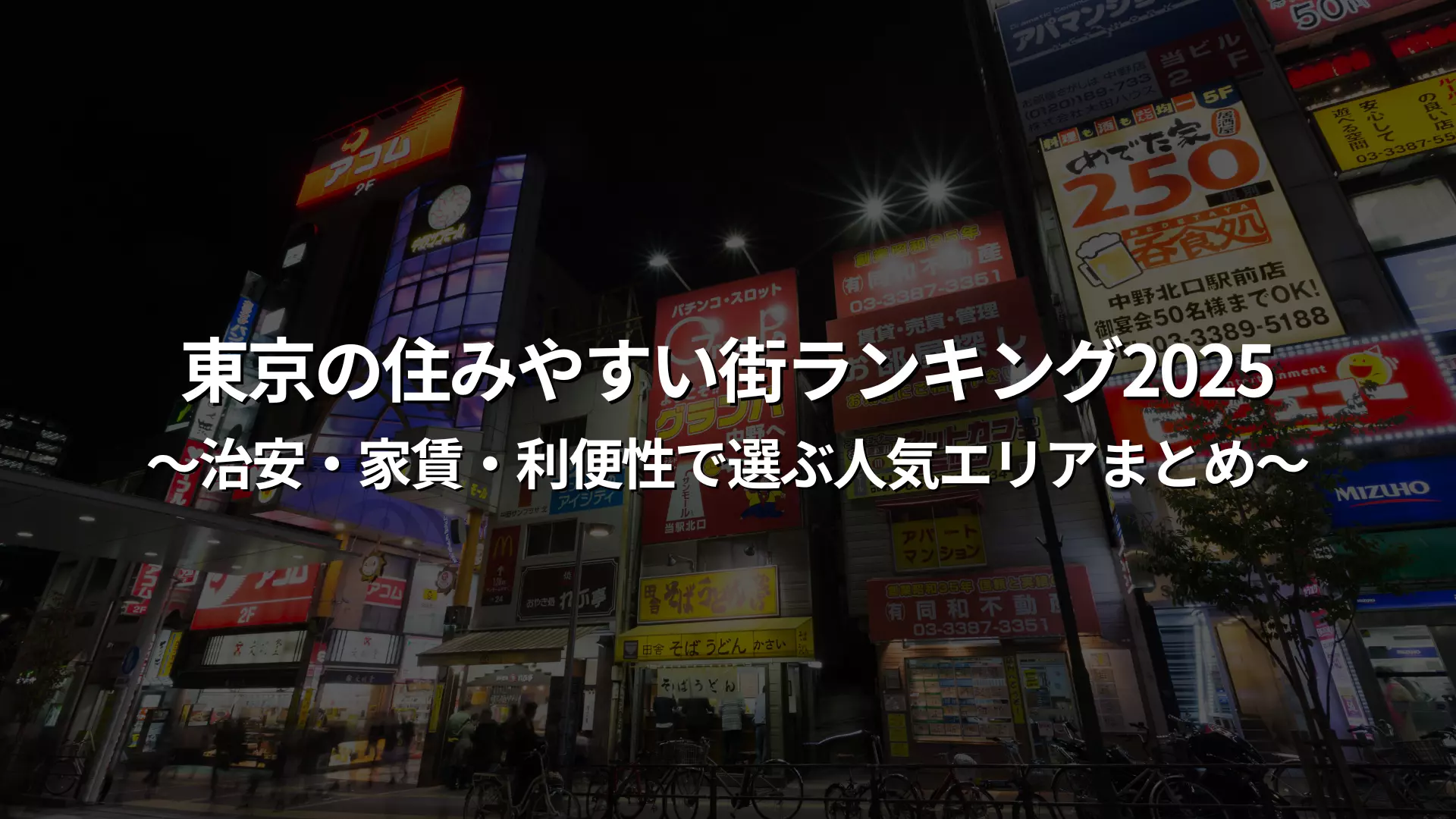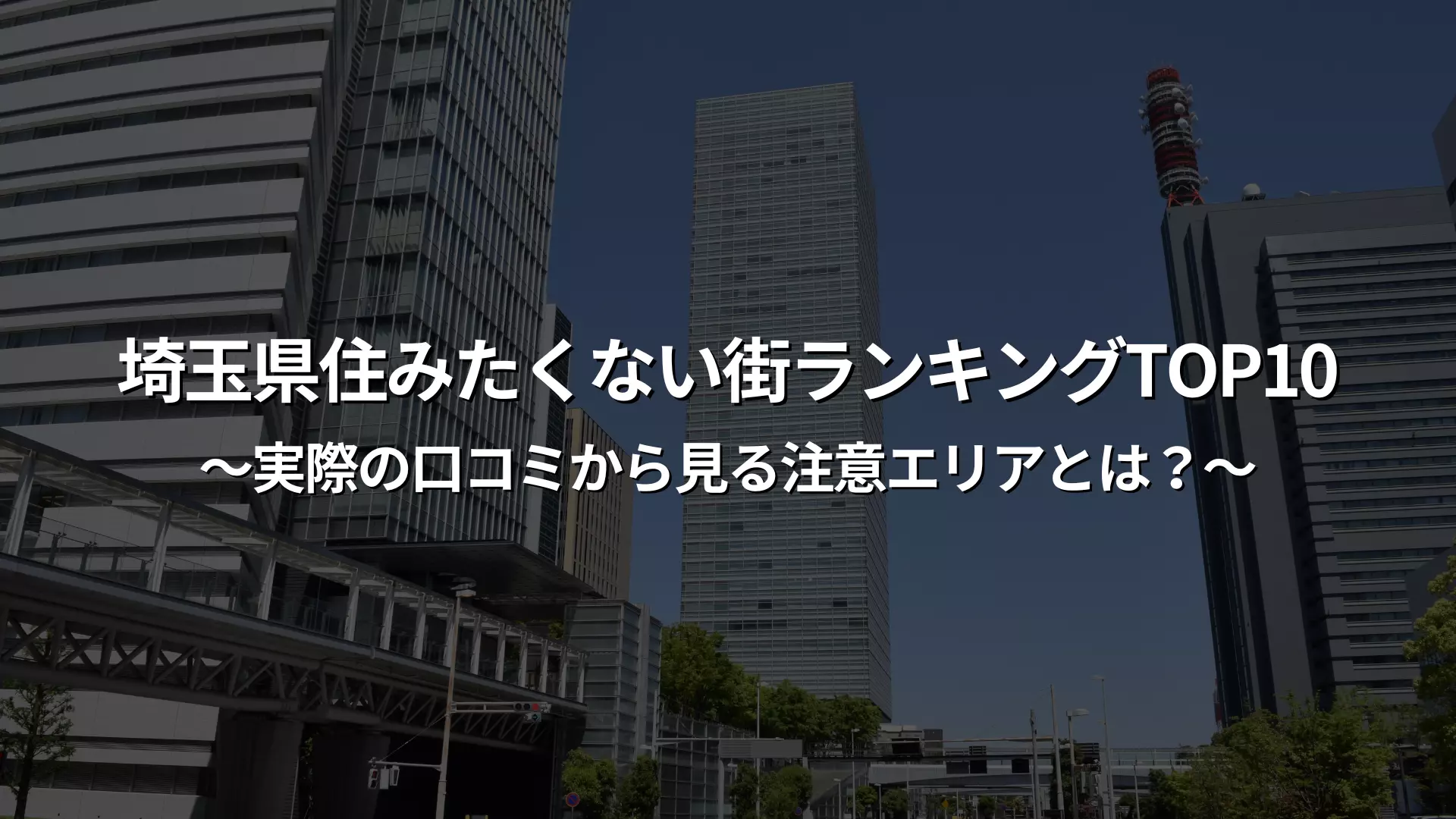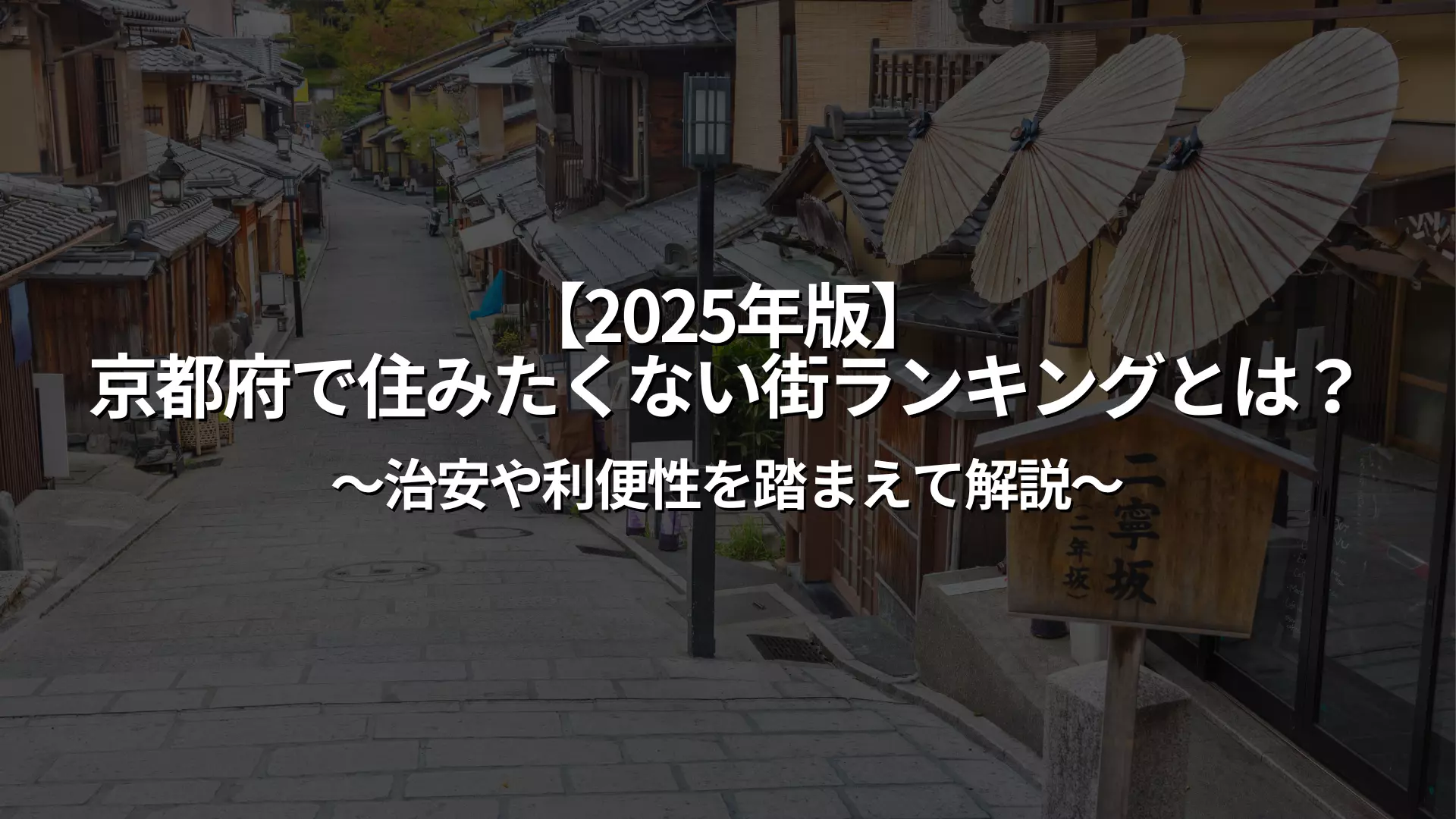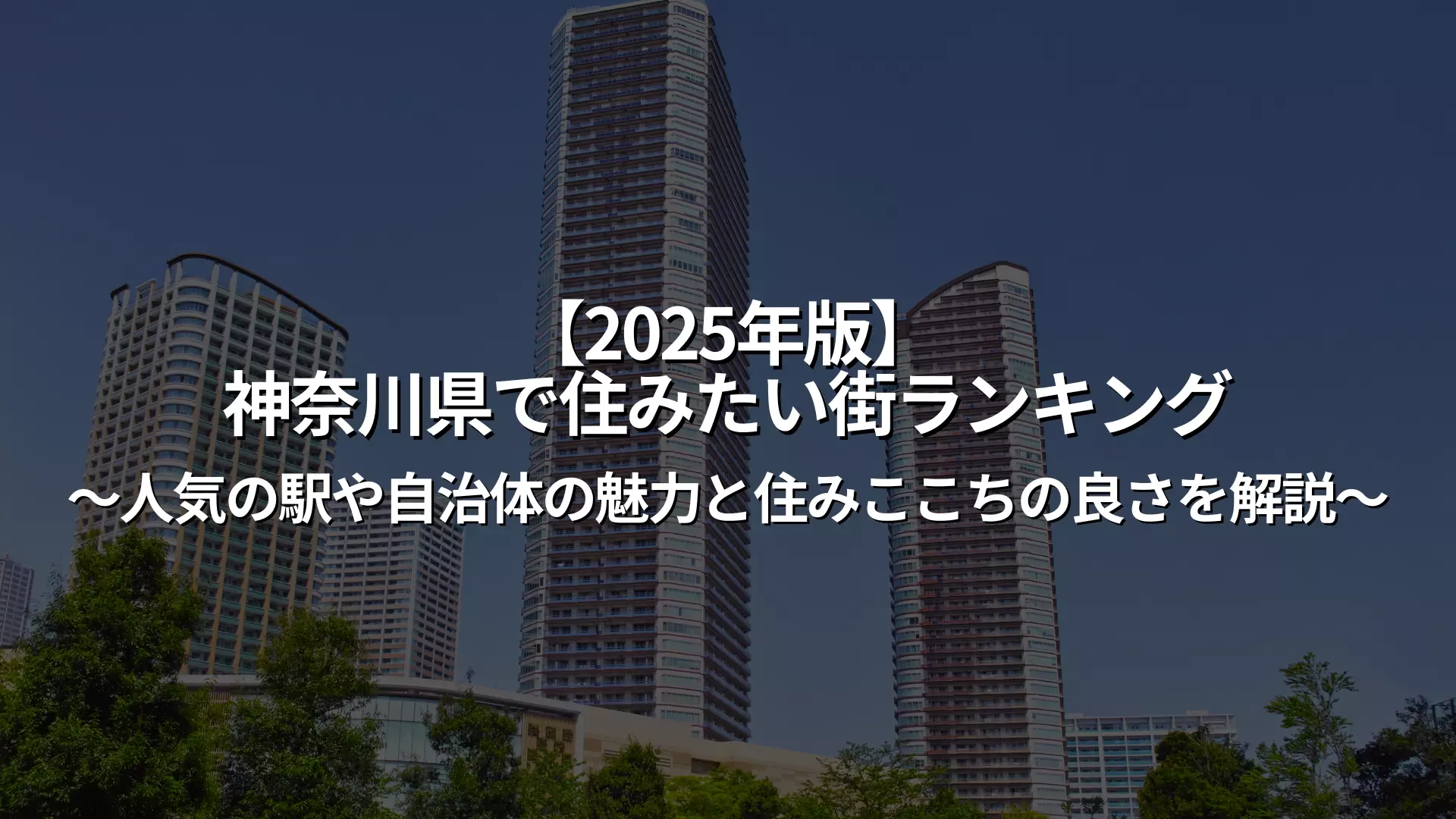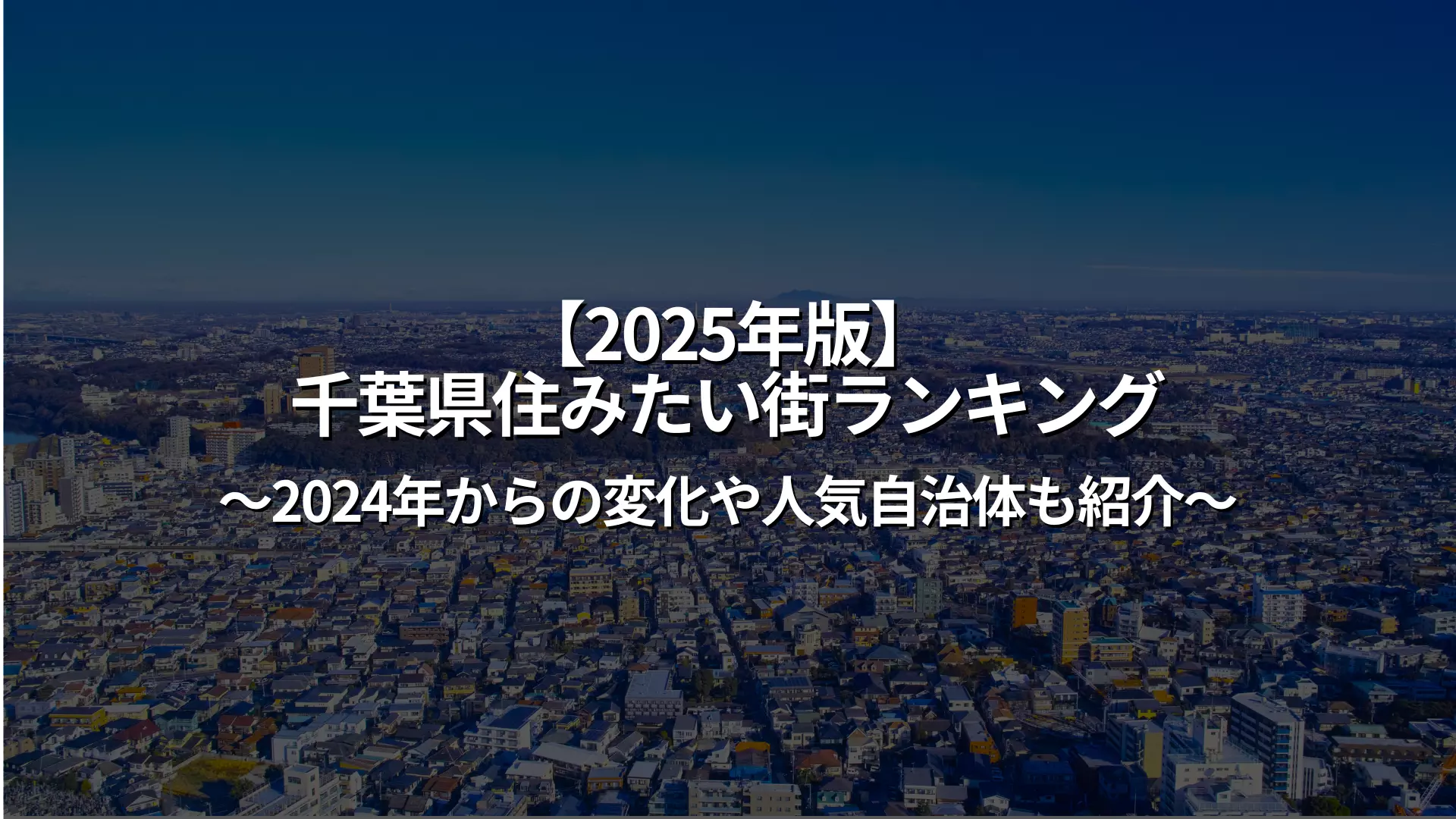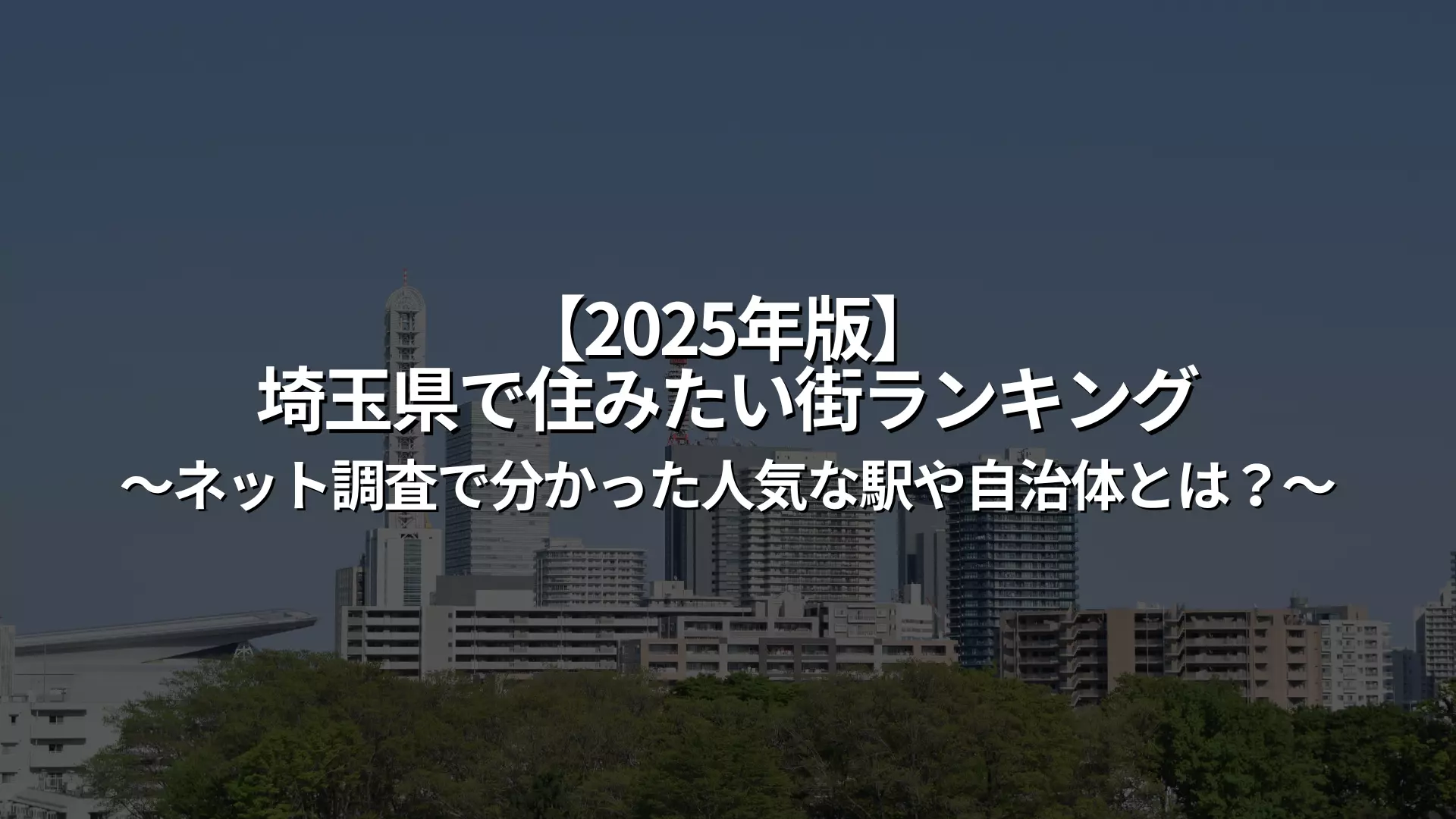What is a monthly apartment? Explaining the basic features and how it works
Monthly apartments are rental properties that come equipped with furniture and appliances and can be rented for short periods of one month or more.
They are suitable for a variety of lifestyles, such as for business trips, moving away from home, or as a temporary residence before moving. In many cases, no deposit or key money is required, and the contract is simple, so you can move in more quickly than with a regular rental property. As they are equipped with all the necessary amenities, they are the perfect residence for those who want to start a new life with just one bag.
What is the definition of a monthly apartment?
A monthly apartment is a rental property that comes with furniture and appliances and can be used for a short period of time (one month or more).
There is a high demand for them as business use or temporary housing, and they are more reasonable than hotels and offer more flexible contracts than regular rentals. Utility fees and internet charges are usually included in the fixed rental fee, and the process from moving in to moving out is smooth. The simplicity of the procedures and low initial costs are also reasons why many people choose them.
The contract period is generally between one month and one year.
The contract period for monthly apartments is usually set at between one month and one year. They are designed for short-term stays and are suitable for business trips, people relocating away from their family, temporary housing, and other situations where a long-term contract is not required.
They are often cheaper than weekly apartments, and the advantage is that you can rent them flexibly for only the period you need. However, unlike regular rentals, some properties do not allow you to extend or renew the contract, so it is important to check the period when signing the contract.
A system that allows you to live lightly with furniture and appliances included
A major attraction of monthly apartments is that they come fully furnished with furniture and appliances. Beds, refrigerators, washing machines, microwaves, televisions, and other necessary amenities are all provided, significantly reducing the hassle and cost of moving. In addition, some properties come with tableware, curtains, vacuum cleaners, and other fixtures, so you can move in without bringing anything with you.
This is a very convenient and cost-effective form of housing for those who have been transferred suddenly or are looking for temporary housing.
What kind of people use monthly apartments? Usage scenarios and target demographics
Monthly apartments are a flexible rental style that specializes in short-term stays, and are popular with a wide range of users. They can meet a variety of needs, from business travelers to students, tourists, and foreigners. They are especially popular for their convenience, such as no deposit or key money required and furniture and appliances included.
In this chapter, we will take a closer look at the types of people who choose monthly apartments and for what purposes.
For business purposes such as business trips, training, and moving away from home
Monthly apartments are ideal for short-term stays for business purposes such as business trips, training, and single-person transfers. They are popular because they are less expensive than hotels and offer an environment similar to everyday life.
Many properties come with kitchens and washing machines, making them comfortable for long-term stays. There are also many properties available for corporate contracts, making them ideal for temporary housing for employees. Package rates that make it easy to settle expenses and internet access are also major benefits for business people.
As a temporary residence before moving or taking entrance exams
Monthly apartments are often used as temporary housing for students who are about to enter university or vocational school.
They are especially popular as temporary housing for students moving from rural areas to urban areas, or for those preparing for a new life. Many people also use them until they have decided where to move, and the fact that no deposit or key money is required keeps initial costs down is also appealing.
Since the apartment is fully furnished, you only need to bring a minimum of luggage, allowing you to start your new life with plenty of time and money to spare.
Great for sightseeing, long-term travel, or trying out living alone
More and more people are using monthly apartments for long-term sightseeing or travel, or as a way to try out living on your own. They are more affordable than hotels, and come equipped with all the necessary amenities, so you can cook your own meals and do your own laundry.
There are many properties in tourist destinations and urban areas, so you can stay comfortably even while traveling. For people who are considering living alone, monthly apartments are a great way to experience what life will be like.
We also handle corporate contracts and short-term stays for foreigners.
Many monthly apartments are flexible enough to accommodate corporate contracts and foreigners. They can provide a comfortable living environment for businessmen and international students coming to Japan during their short stay. Some properties have English and multilingual support, and the process is smooth.
In addition, when used by a corporation, multiple employees may take turns using the facility, which offers benefits in terms of cost and management. It is also attracting attention as a place for business and international exchange.
Search for a room
Only furnished properties with appliances are listed!
What is the difference between monthly apartments and other properties?
Monthly apartments have unique features that set them apart from regular rental properties, hotels, and weekly apartments. They offer flexible and convenient living options, with no deposit or key money required, furniture and appliances included, and the possibility of short-term contracts.
In this chapter, we will explain in detail the differences between monthly apartments, rental properties, hotels, and weekly apartments from each perspective. Use this as a reference to choose the accommodation method that suits you best.
Differences from rental properties (deposit, key money, contract type, guarantor)
The biggest difference between monthly apartments and regular rental properties lies in the contract and initial costs.
Rental property
- Deposit, key money, and brokerage fee required
- The contract period is generally two years.
Monthly apartment
- In most cases, there are no initial costs and it is common that no guarantor is required.
- The most common types of contract are "fixed-term lease contracts" or "temporary use contracts," and the procedures from moving in to moving out are simple.
Differences from hotels (price, services, freedom of stay)
Compared to hotels, monthly apartments are suitable for long-term stays and offer good cost performance.
Hotels offer daily cleaning and front desk services, but they tend to be expensive and are difficult to live in. Monthly apartments, on the other hand, are fully equipped with kitchens and washing machines, making it possible to live a normal life. You can cook your own meals, and in the long run, the cost of your stay is lower. They are the perfect choice for people who value private space.
Differences from weekly apartments (contract period and fees)
The main differences with weekly apartments are in the contract period and fee structure.
Weekly Mansion
- Short-term use available in one-week increments
- As a result, the daily rate is often set higher, making them ideal for tourists or short business trips.
Monthly apartment
- A contract of one month or more is required
- The longer the stay, the cheaper the price will be. If you plan on staying for a month or more, a monthly apartment will be more cost-effective.
How much does a monthly apartment cost?
The cost of a monthly apartment varies depending on the location and facilities of the property, but the average price is around 100,000 to 200,000 yen per month. Normally, you will have to pay utility bills and cleaning fees in addition to the rent, but since there is no deposit, key money, or brokerage fee, the initial costs are often lower than renting. It is more cost-effective than a hotel, and another attractive feature is that furniture and appliances are provided.
In this chapter, we will explain in detail the breakdown of costs, compare them with other properties, and make choices to keep costs down.

Explanation of the breakdown of monthly rent + utility fees + cleaning fees
The basic costs of a monthly apartment consist of three components: monthly rent, utilities, and cleaning fees.
- Monthly rent: Includes furniture and appliances, and varies depending on the area and age of the building.
- Utility bills: A flat rate is common, with the average being around 10,000 yen per month.
- Cleaning fee: (Cleaning fee when moving out) is usually a flat rate of around 10,000 to 20,000 yen.
These are often displayed as a "package fee" that is billed together at the beginning, so it is important to check carefully in advance.
Is it more expensive or cheaper than a regular rental or hotel?
In conclusion, if you are staying for a month or more, a monthly apartment is the most cost-effective option.
The appeal of monthly apartments is the convenience of being able to rent on a monthly basis, but looking at the monthly fee alone, they are more expensive than regular rentals. However, when you consider that there is no need for a deposit, key money, or furniture purchase costs, the total cost can be cheaper for short-term stays.
On the other hand, the price per night is cheaper than a hotel, and you can cook your own meals and do your own laundry, making it ideal for long-term stays.
Tips for choosing to keep costs down
There are a few tips to help you cut the cost of renting a monthly apartment.
- You can save a lot on rent by choosing an area a little further away from the city center.
- Also look for properties that are slightly older or that are currently running a campaign.
- By eliminating unnecessary facilities (e.g. auto-locks, bathroom dryers, etc.), you can cut unnecessary costs.
It is important to compare the total costs and choose a property, such as a flat-rate plan that includes utilities or a property with no cleaning fees.
Search for a room
Only furnished properties with appliances are listed!
Benefits of Monthly Apartments
Monthly apartments have many advantages that regular rental properties and hotels do not have. Here, we will introduce the main advantages of using a monthly apartment, divided into three easy-to-understand categories.
Low initial cost and easy procedure
Many monthly apartments do not require a deposit, key money, or brokerage fee, so the initial costs are overwhelmingly cheaper than regular rental properties. In addition, there are cases where no guarantor is required and the screening process is lenient, and the contract procedures are very simple.
The process from application to moving in can be completed in as little as a few days, making it easy to use for sudden business trips or as temporary housing. It is the perfect residence for those who want to start living right away while keeping moving costs down.
Furniture and appliances included for easy moving
Monthly apartments come equipped with the necessary furniture and appliances for daily life, such as a bed, refrigerator, washing machine, microwave, and television. This means you can move in with minimal luggage. A major benefit is that you can start your new life lightly without having to use a moving company.
It is especially popular for short-term use or temporary housing, as it offers a good balance between convenience and cost.
Specializing in short-term use, allowing for flexible living
Monthly apartments can be rented on a monthly basis, making them a very flexible option for people who only want to live for a short period of time. They are ideal for short-term housing such as for business trips, preparing for school, or as temporary housing. The contract period is relatively flexible, and you can rent only for as long as you need.
Another plus is that there are many flat-rate plans, and utilities are included in the price, making it a great option for people who want to live efficiently and without waste.
Disadvantages and points to note about monthly apartments
Monthly apartments have many advantages, but there are also some disadvantages that you should be aware of before actually using them. In particular, the fees, contract period, and the condition of the facilities are points that are different from regular rental properties. If you sign a contract without understanding these, it could lead to unexpected trouble or regret.
In this chapter, we will explain in detail the main points you should be careful of when using a monthly apartment, divided into three categories.
Rent and utility costs tend to be expensive
Because monthly apartments allow for short-term contracts, the monthly rent and utility fees are often set higher. Especially in urban areas and near train stations, properties can be more expensive than regular rentals.
In addition, utilities and internet charges are charged at a flat rate, so you will be charged regardless of your actual usage. It is important to understand that there is a cost behind the convenience and choose a property that suits your required period and budget.
There are cases where contract extension is not possible.
Many monthly apartments use "fixed-term lease contracts" or "temporary use contracts," and the contract period may not be extendable. Even if you want to continue living in the same property after the contract expires, there is a chance that the next tenant has already been found.
If you are planning a long stay or may need to extend your stay depending on the circumstances, it is important to either sign a long-term contract from the start or check in advance whether an extension is possible.
You may not be able to see the property inside, and the quality of the facilities may vary.
Many monthly apartments are designed for immediate occupancy, so in most cases, you sign a contract without viewing the property. This can lead to differences between photos and the actual room, and dissatisfaction with the condition of the facilities and cleaning.
Also, depending on the age of the building and the management situation, the fixtures may be old or broken, so it is important to check reviews and the reliability of the management company in advance.
Search for a room
Only furnished properties with appliances are listed!
Flow and procedure for monthly apartment contract
Monthly apartments are characterized by the fact that the procedures are simpler than general rentals and you can move in in a short period of time. However, in order to proceed smoothly with the contract and move-in, you need to understand the points you should check in advance and the process after application. In addition, there are some differences between corporate contracts and individual contracts.
Here we will explain the basic process and points to note when signing a contract for a monthly apartment, step by step.
Points to check before signing a contract (cost, period, facilities)
Before renting a monthly apartment, there are three things you should always check: the total cost, the contract period, and the facilities.
In addition to rent, you will have to pay for utilities, cleaning fees, and a security deposit, so be sure to check the breakdown of the package fee carefully. Also, be sure to check whether the contract period can be extended and whether there are any penalties for mid-term cancellation. Regarding facilities, checking whether furniture and appliances are included, Wi-Fi environment, security, etc. will help prevent any problems after moving in.
Schedule from application to moving in
The process from applying for a monthly apartment to moving in can be completed in as little as one to three days.
- Search for properties based on your desired conditions, make inquiries and check availability
- Fill out the application form and submit your identity document
- Exchange contracts
- After you pay the deposit, you will be given instructions on how to receive the keys.
- Move-in begins
Because the process moves quickly, making a quick decision is important in securing the property you want, so we recommend making preparations early.
Important points to note for corporate contracts
When renting a monthly apartment under a corporate contract, the process is different from an individual contract.
Important points to note
- It is necessary to create a contract in the company's name and affix the company seal.
- Check whether they accept invoice payments and are flexible with staff turnover.
- When using multiple locations or arranging for multiple people at the same time, you need to be more careful when choosing properties and contract terms.
If you choose a management company that is accustomed to dealing with corporations, the process will be smooth.
FAQ
Those using a monthly apartment for the first time are bound to have questions regarding the contract and moving in.
In particular, we are often asked the following three questions. Here, we will provide easy-to-understand explanations of the most common questions that people have before using the service. Be sure to check them out so that you can sign a contract and move in with peace of mind.
Can I rent a property even if I'm unemployed? Is there a rental screening process?
Monthly apartments often have more lenient screening procedures than regular rental properties, so even unemployed people may be able to rent one.
However, because whether or not you can pay the rent is an important criterion for judging, you may be asked to submit proof of savings balance and emergency contact information. Also, while some properties do not require a guarantor, it may be necessary depending on the situation, so it is important to check in advance. Since it is a short-term rental, the screening process is relatively fast.
What happens to my residence card?
Since monthly apartments are often contracted as "temporary residences," you generally cannot transfer your residence card. Fixed-term lease contracts or temporary use contracts are used, and in most cases the apartment is not recognized as a "main residence."
However, there are exceptions depending on the property and the contract, so if you need to move your residence card, check with the management company before signing the contract. People who plan to stay long-term or need to register their address should be careful.
Are there any properties that allow pets or have parking?
There are some monthly apartments that allow pets or have parking spaces, but they are limited in number, and depending on the area, there may be few options.
Pet Friendly Properties
- There are often restrictions on the type and size of dogs and cats, and you will also need to check any additional fees and rules.
Property with parking
- Advance reservations may be required and additional fees may apply.
If you are planning to bring pets or have a car, we recommend narrowing down your search criteria.
summary
Monthly apartments are short-term rental properties available for stays of one month or more, and are appealing in that they are easy to live in, with furniture and appliances included and no deposit or key money required. They are suitable for a variety of lifestyles, such as business trips, further education, temporary housing, and long-term travel, and are more flexible and cost-balanced than rental properties or hotels.
On the other hand, there are some points to be aware of, such as high costs, restrictions on contract extensions, and not being able to view the property. Compare the pros and cons according to your purpose and choose the property that best suits you.

